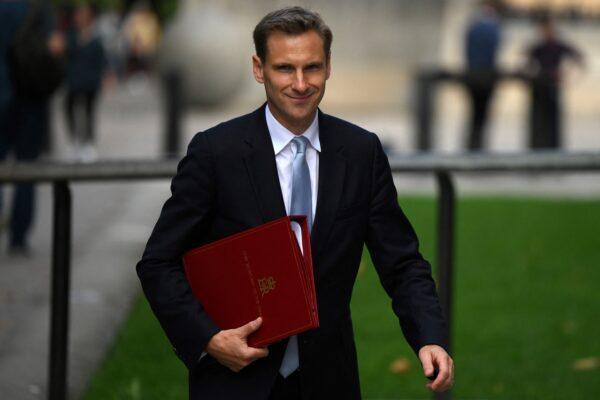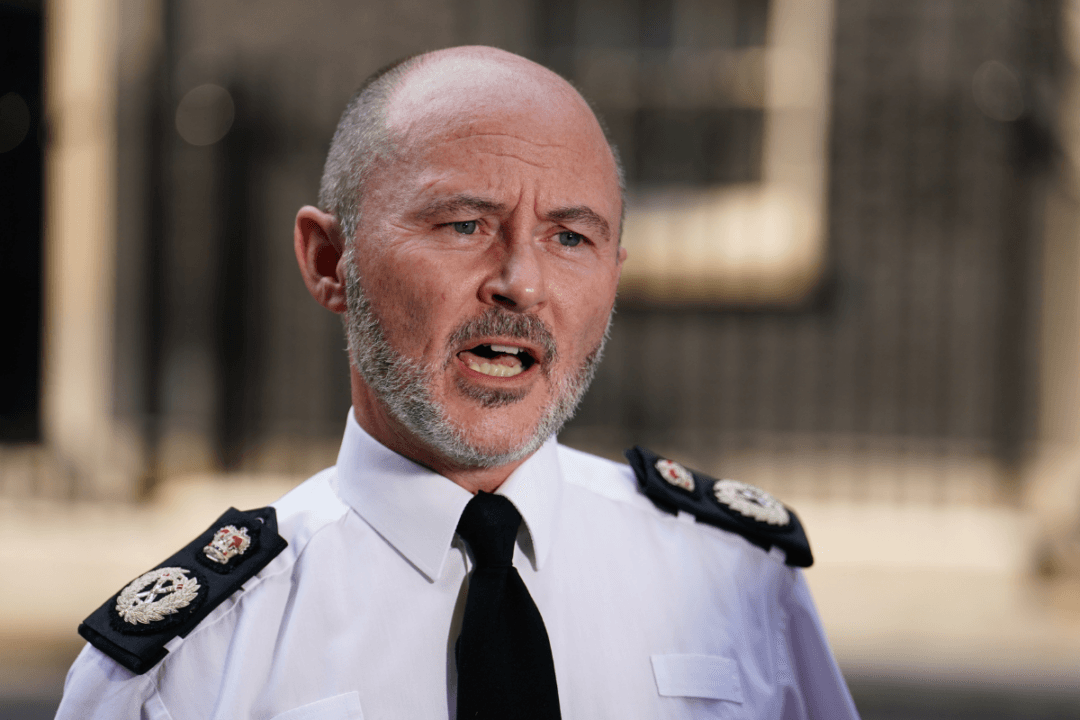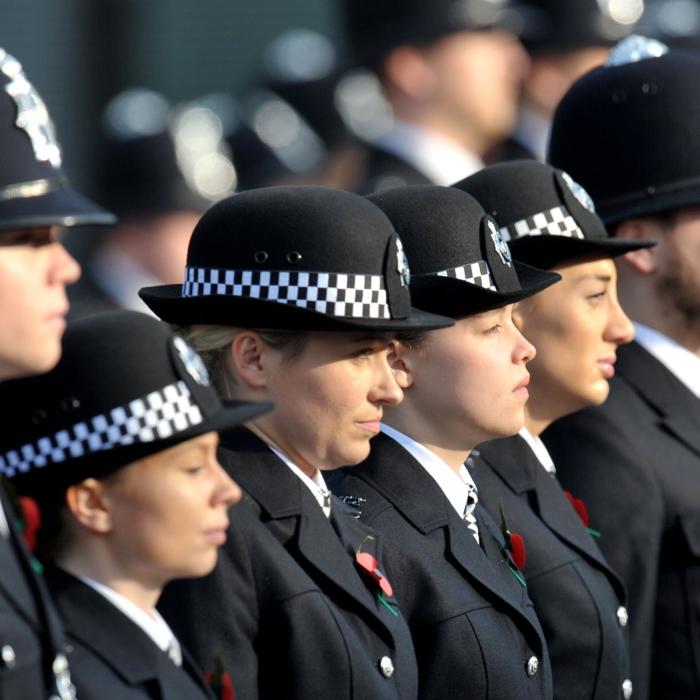Police must investigate non-crime hate incidents (NCHIs) to detect “precursors to violence,” the chairman of the National Police Chiefs’ Council (NPCC) has said.
Gavin Stephens said during a major policing conference in Westminster on Tuesday that the rioting over the summer showed that online hate, if left unchecked, “can have real damage on communities.”
“Hate left unaddressed, whether that’s propagated online or in person, has real-world consequences,” Stephens said.
The issue of police investigating NCHIs has come to prominence in the past week after Essex Police visited Telegraph columnist Allison Pearson over a year-old deleted post on social media platform X.
‘Hate’ and the Role of State
Speaking at the partnership summit hosted by the NPCC and the Association of Police and Crime Commissioners (APCC), Stephens continued: “The role of policing is to investigate crime and, if an allegation of crime is made, it needs to be properly investigated, and the process needs to take its course.“And from a policing perspective, one of the things that we’re really, really clear on is that we do not want to miss precursors to violence because we know that if we miss those precursors to violence the consequences can be severe.”
The senior police officer also likened the debate over policing of hate crimes to “the role of the state in the family” and police investigating child abuse and domestic abuse.
The NPCC chief said: “Of course, there didn’t used to be a role for the state in the family but we’ve learned through child abuse scandals over the decades, where we are with domestic abuse, that we need to take a stand on these things.
“And I think we’re right in the middle of that debate in relation to hate and the role of the state.”
Trespassing on Free Speech
On the second day of the APCC-NPCC annual conference, shadow home secretary Chris Philp called for guidelines around non-crime hate incidents to be rewritten.Philp added that officers “should be concentrating on investigating and preventing crime” and should only be investigating NCHIs where there is a “real risk of imminent criminality.”
The shadow home secretary told delegates on Wednesday: “That is quite a high bar, and in practice, not one that is currently always being followed. Offensive speech is not the same as illegal speech.”

Police Recording Too Many NCHIs
The emergency services watchdog examined the records of 120 NCHIs and found that one-quarter should not have been recorded by police at all.
In one example, a man reported members of the public for giving him “funny looks,” which he claimed were down to his ethnic appearance. This was recorded as an NCHI.
MP’s Non-Crime Hate Incident
Former Conservative Home Secretary Suella Braverman commissioned the report into “activism and impartiality” in policing in September 2023, following a number of stories in the media about apparent police overreach following social media disputes on “politically contested matters.”Police had reviewed the file after a challenge from the Free Speech Union.
The NCHI related to a December 2023 post on X, where Maclean criticised the Green Party for selecting Melissa Poulton, a man who identifies as a transgender woman, to stand for election in the neighbouring Worcester constituency.
Police had recorded the gender-critical comments after receiving complaints about the post.







